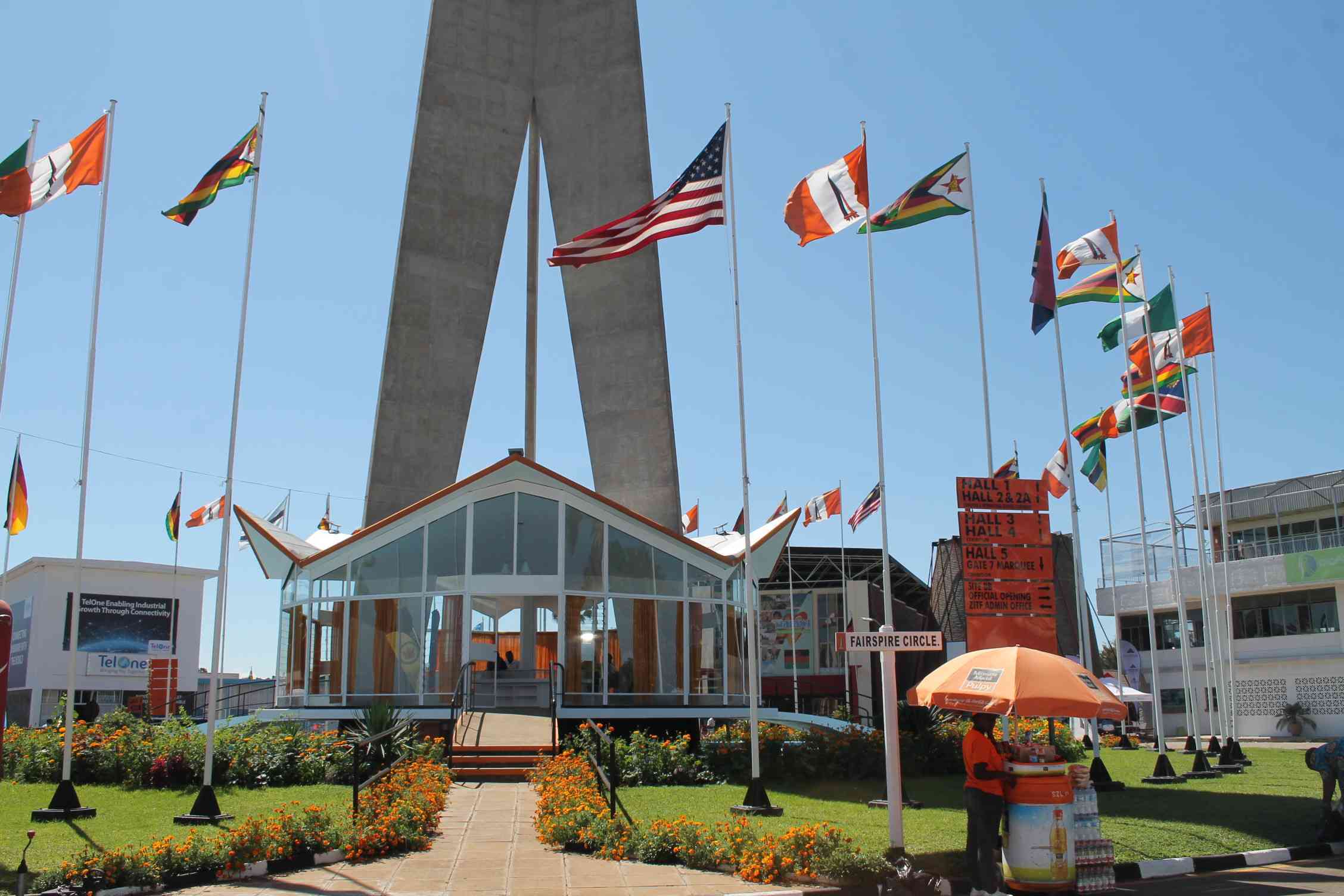
BY VANESSA GONYE HYBRID weather forecasting through seasonal participatory scenario planning (PSP) is helping farmers in Mwenezi and Chiredzi to mitigate the effects of climate change and boost food security.
At least 49 000 farmers are benefiting from the programme which is under the Zimbabwe Resilience Building Fund (ZRBF): Enhancing Community Resilience and Sustainability (ECRAS) project.
Under the project, meteorologists, community members, local government departments and NGOs share scientific and indigenous knowledge to produce a hybrid localised seasonal outlook to inform the farming season.
Mwenezi crop and livestock district officer Veronica Muchechetere last week told NewsDay that they rely on indigenous forecasters to create a hybrid forecast.
“Through PSP in Mwenezi, we have a downscaled hybrid forecast co-generated through combining observed indigenous knowledge system indicators and their resultant behaviour with the scientific probabilities from Meteorological Services Department (MSD),” Muchechetere said.
“We create a hybrid forecast using contribution from indigenous forecasters, ranging from dreamers, prophets to traditional healers, while others study the behaviour of animals or use changes in vegetation to predict the seasonal outlook. We then make use of these indicators to come up with a holistic localised forecast.”
ZRBF-ECRAS team leader Fungai Gutusa said PSP workshops had been running for the past five years.
“New seed crops and varieties have been adopted for use by farmers thereby enhancing their food security systems,” Gutusa said.
- Chamisa under fire over US$120K donation
- Mavhunga puts DeMbare into Chibuku quarterfinals
- Pension funds bet on Cabora Bassa oilfields
- Councils defy govt fire tender directive
Keep Reading
The ZRBF-ECRAS project is coordinated by Care International in partnership with Plan International and International Crop Research Institute.
The project is aimed at improving communities’ absorptive, adaptive and transformative capacities in the face of climate change.
The ZRBF is a $100 million fund, which is supported by the government of Zimbabwe, the European Union, the embassy of Sweden, the United Nations Development Programme and the Foreign, Commonwealth and Development Office.
- Follow Vanessa on Twitter @vanessa_gonye











